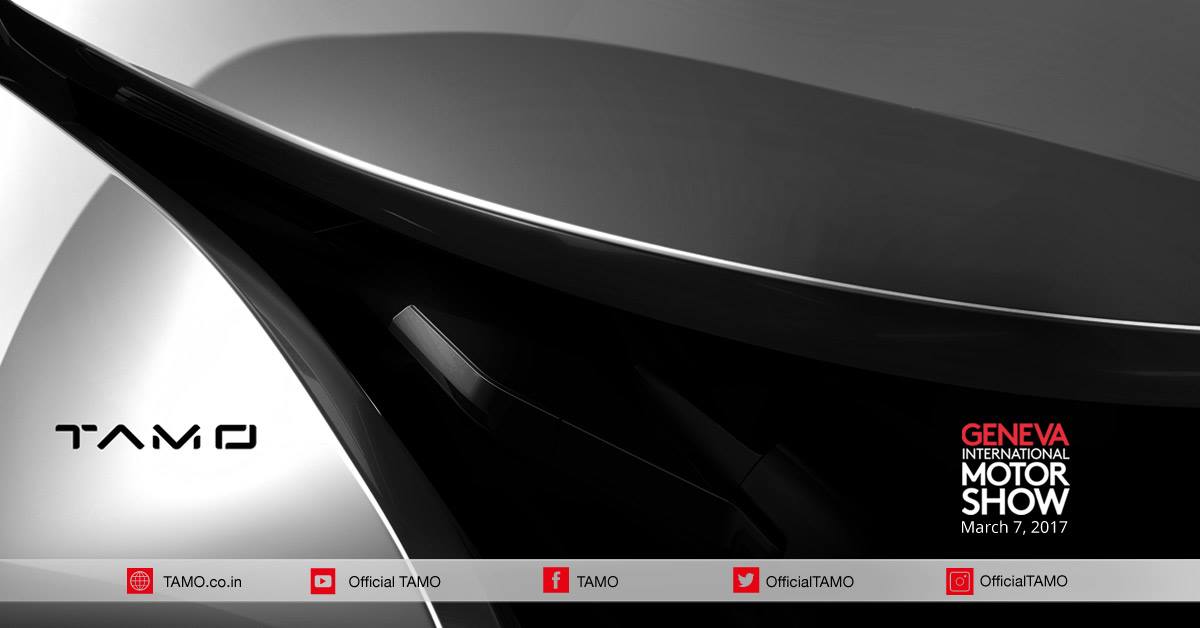Microsoft Connect Vehicle Platform Making Digital Driving Dreams Come True
As the Las Vegas Consumer Electronics Show (CES) wrapped up Microsoft took the opportunity to announce their new project the Microsoft Connect Vehicle Platform. Not an operating system, the platform makes use of Microsoft Azure cloud services to help auto manufacturers further innovations in connected driving. The initiative is dedicated to addressing the priorities and possibilities of connected mobility and hopes to facilitate car makers reach towards autonomous driving.
Microsoft hopes to empower the automotive industry with the Microsoft Connect Vehicle Platform. It allows brands to create and deliver more differentiated and customized driving experiences to consumers, who then get to benefit from these smart technologies. Using the Microsoft Azure cloud as its foundation the platform endeavors to work on the following key areas:
- Telematics and predictive services: Use vehicle data insights to prevent downtime, alert driver to warranty and recall issues, and offer new services that will improve experience.
- Customer insights and engagement: Connect the digital life of driver across channels.
- Improved in-car productivity and digital life: Optimize customer experience while reducing driver distractions and safety hazards.
- Advanced navigation: Combine navigation data from multiple sources and user data to provide personalized, dynamic location-based services.
- Connected Advanced Driver Assistance Systems (ADAS): Optimize safety and vehicle performance, and deliver real-time information to driver.
Why drive connected?
Cars are already seen by many as a way to make life easier and connected cars offer the chance for even more comforts and convenience. Besides increased safety, a connected car can help increase everyday efficiency. A connect driving experience provides a seamless link between our digital lives and mobility needs. Connected drivers will have access to programs like Office 365, Dynamics, Power BI, Skype for Business, Microsoft Cortana and more. In addition to assisting with personal tasks like navigating to desired destinations, alerting drivers to maintenance issues or booking appointments and setting reminders, these intelligent services can offer greater business productivity as well.
Who’s already on taking off on the road towards connectivity?
Microsoft is not aiming to build its own connected car but rather partner with automakers and give them the tools to create their own brand-oriented connected mobility solutions. So far Renault-Nissan are already on board and have officially stated that Microsoft Connected Vehicle Platform will be part of its next-generation of connected vehicles. The cars will feature advanced navigation and predictive maintenance capabilities. Volvo will introduce Skype for Business into its latest 90 Series vehicles and BMW is also working with Microsoft. At CES the brand presented its vision of using Microsoft Cortana voice-control systems, available already on PCs and smartphones, into BMW cars as well.
Check out the video to learn more about the Microsoft Connected Vehicle Platform:






